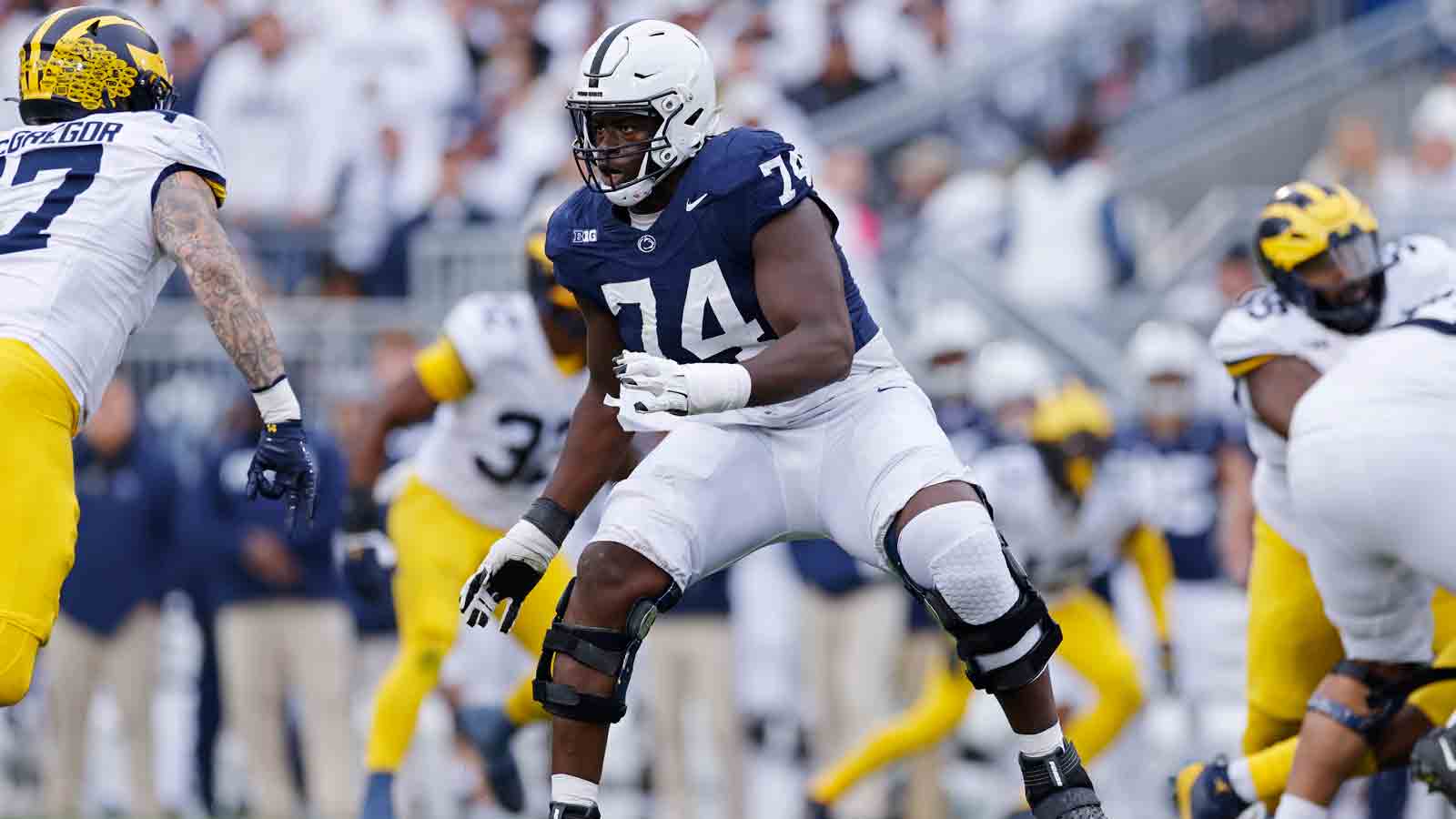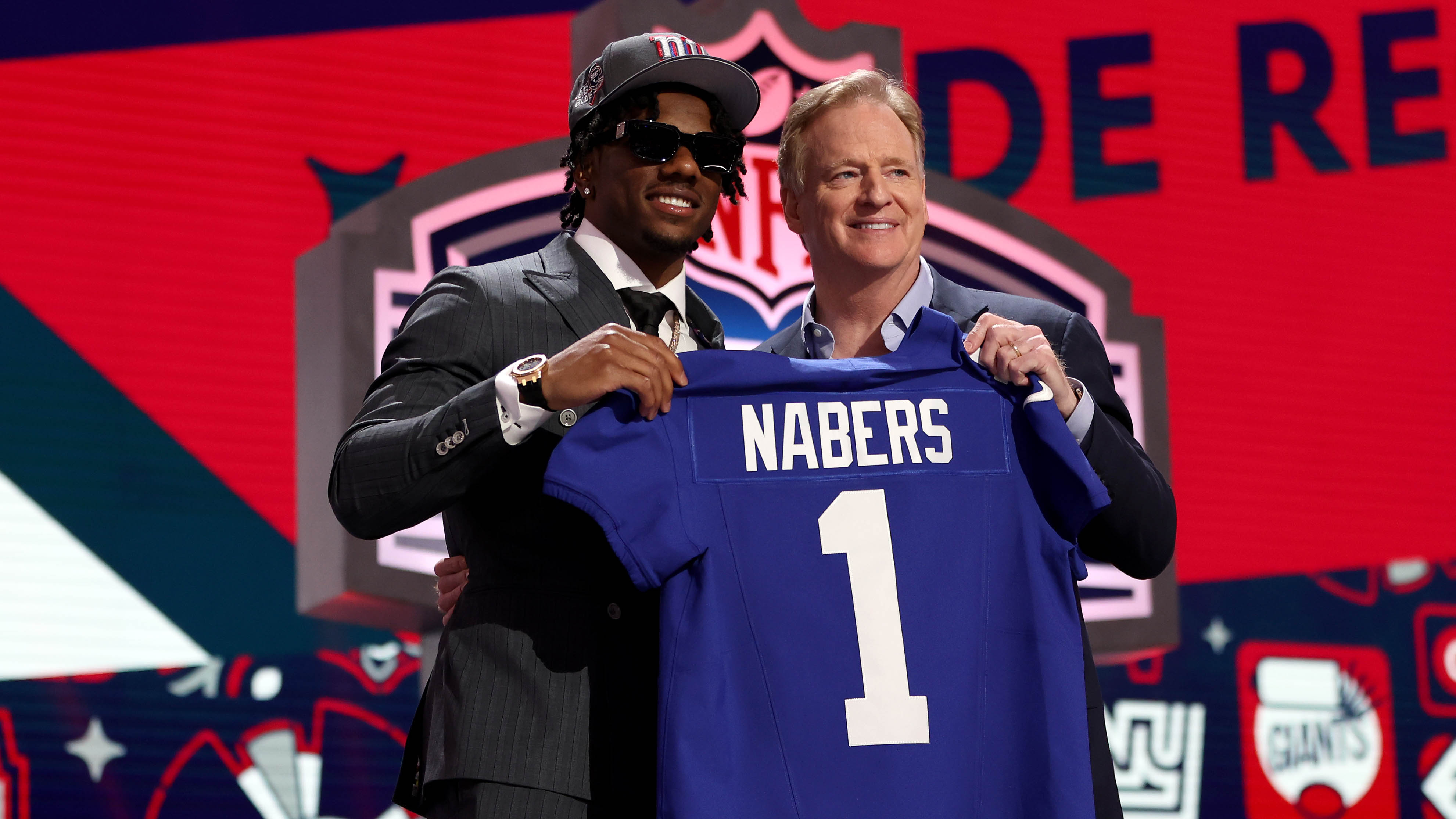The state Senate has finally approved a new state budget and now New Yorkers can get ready to see an end to tax-free clothing purchases under $110 and a deep slash to education aid.
The $136 billion budget that was more than four months late includes a nearly $900 million revenue package that will come in part from a state sales tax of around 4 percent on clothing purchases less than $110. Currently, such items are exempt from sales tax. In a press conference today, Gov. David Paterson said the new tax will hurt lower income people.
Paterson also said he was disappointed that other taxes and forms of revenue were dismissed by lawmakers -- specifically a tax on sugary drinks and a clause allowing grocery stores to sell wine.
"WIth the sugar tax you had a choice," Paterson said.
The revenue bill passed yesterday also places a limit on charitable deductions for 3,500 taxpayers who earn more than $10 million a year. Some analysts predict this might lessen charitable giving among New York's richest residents.
The state's $9.2 billion deficit was closed with $5.2 billion of spending cuts before the governor’s vetoes, and $1 billion of new or increased taxes and fees, including $290 million from higher taxes on tobacco.
Paterson today also called again on the State Assembly to pass a property tax cap law -- a move he said is widely supported in the state and essential to the fiscal health of the residents.
"We are on the right track," Paterson said of the budget. "Now we have to get on the right train."
Local
The 2010-11 budget also includes a 5 percent cut — about $1.4 billion — in school aid and addresses a $9.2 billion deficit stemming from the fiscal crisis.
The end to the budget stalemate came late Tuesday when, in the end, Democratic Sen. William Stachowski of Buffalo, who withheld his vote since June to force action on a proposal to empower state universities, changed his mind. Instead of a law, the proposal became a nonbinding "framework" for continued negotiations. The proposal was intended to empower the State University of New York and City University of New York to have greater autonomy from Albany.
"Today we completed the final stage of a fair and responsible budget that works for New Yorkers," said Austin Shafran, spokesman for the Senate's Democratic majority.
Republican Sen. Stephen Saland of Poughkeepsie called it "one of the most slipshod and undemocratic budgets" ever passed by a state. Senate Republican leader Dean Skelos of Nassau County said the negotiations, in which Democrats excluded Republicans, were "totally dysfunctional" and resulted in too much spending and taxing.
Now that the budget is finally approved, lawmakers can begin to collect their pay withheld since the April 1 budget deadline. Each has had more than $30,000 in base pay withheld under the decade-old law.
The budget bill passed along party lines, 32-28.
The Democrat-led Assembly had already passed its budget bills in June at the end of the regular session.
The latest a state budget was adopted was Aug. 11, 2004.
"We couldn't set a record," said Sen. William Stachowski of Buffalo, another of the three. "We've given it five weeks."
Also included in the new budget -- expanding the hours of the Quick Draw gambling game run by the Lottery Division, often in bars, and expanding the hours of video slot machines at race tracks. The package delays $100 million in business tax breaks.
The Senate and Assembly agreed, at Paterson's insistence, on a contingency plan to deal with the possibility that $1 billion in promised Medicaid reimbursement won't come from Washington. Starting in September, Paterson will exact across-the-board funding cuts and in December will provide a more comprehensive plan, with the Legislature's input, to compensate for any lost aid.
The Assembly, Senate and governor also agreed to remove a new tax on wealthy hedge fund managers from Paterson's budget proposal. Officials fear the tax would drive the managers and their big paychecks to Connecticut, a concern underscored by a public recruitment effort by Connecticut officials.
The Senate overwhelmingly approved Paterson's property tax cap, although it has little support in the Assembly.
Paterson told WSYR Radio in Syracuse on Tuesday that if the Assembly doesn't return to Albany in the coming weeks to consider the bill as promised, then he may compel them to Albany in October — the height of the election season — to consider whether to approve it or reject it.
"When 80 percent of New York's residents want a property tax cap and (taxes are) literally driving people out of the state, that's exactly what will happen if it isn't addressed in later August or September," Paterson said.



